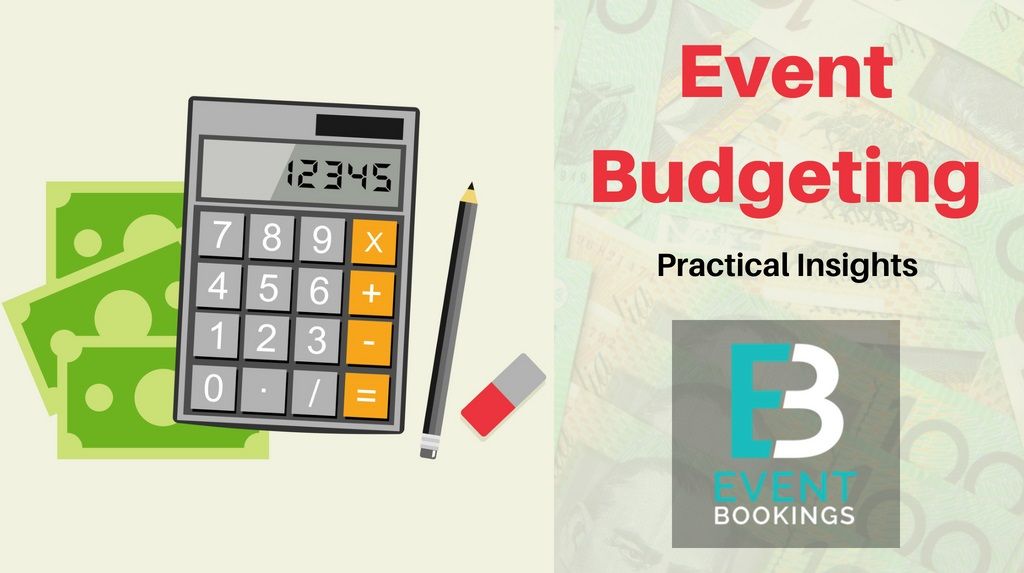Effective Event Budgeting: Tips and Tricks

In the fast-paced world of technology, events are an essential part of marketing strategies for tech companies. Whether it’s a product launch, conference, or trade show, planning and executing successful events require careful budgeting. Effective event budgeting ensures that you maximize your resources and achieve your goals without overspending. In this article, we will discuss some valuable tips and tricks that will help you create an event budget that sets you up for success.
1. Set Clear Objectives
Before diving into budget planning, establish clear objectives for your event. Identify what you hope to achieve and the metrics you will use to measure success. By having specific goals in mind, you can allocate resources accordingly and make informed decisions throughout the planning process.
2. Research and Estimate Costs
One of the crucial steps in event budgeting is researching and estimating all potential costs. This includes venue rental, audiovisual equipment, catering, marketing materials, staff, travel expenses, and miscellaneous expenses. Gather quotes from vendors and suppliers to get accurate estimates, allowing you to allocate your budget effectively.
3. Prioritize Key Elements
Not all aspects of an event are created equal. Prioritize the key elements that align with your objectives, such as engaging keynote speakers or interactive exhibits. By allocating a larger portion of your budget to these areas, you can create memorable experiences that resonate with your audience.
4. Create a Contingency Fund
Event planning often comes with unexpected surprises. Allocate a portion of your budget as a contingency fund to handle unforeseen expenses. This cushion will give you peace of mind if any issues arise during the event, ensuring you have the flexibility to address them without derailing your budget.
5. Leverage Technology
In the realm of technology, there are numerous event management tools and software available to streamline the planning process and help with budgeting. Utilize these tools to track expenses, manage registrations, and create detailed reports. By leveraging technology, you can save time, reduce manual errors, and have a comprehensive overview of your budget at any given time.
6. Negotiate with Suppliers
When working with vendors, don’t be afraid to negotiate. Many suppliers are willing to offer discounts or include additional services if you discuss the possibility. By negotiating, you can stretch your budget further, potentially freeing up funds for other crucial elements of your event.
7. Track and Review Expenses
Throughout the event planning process, it’s essential to track and review your expenses regularly. This allows you to stay on top of your budget and make adjustments if necessary. By monitoring your spending, you can identify any areas where you may be overspending and make informed decisions to reallocate funds.
8. Evaluate ROI
After the event, evaluate the return on investment (ROI) to determine the success and impact of your efforts. Review attendance numbers, customer feedback, leads generated, and any other relevant metrics. Analyzing the results will help you understand the effectiveness of your event budgeting strategy, allowing you to fine-tune your approach for future events.
Conclusion
An effective event budget is a cornerstone of successful event planning in the tech industry. By setting clear objectives, estimating costs, prioritizing key elements, and leveraging technology, you can create a comprehensive budget that maximizes your investment. Additionally, negotiating with suppliers, tracking expenses, and evaluating ROI allows you to adapt and improve your event budgeting strategy over time. With these tips and tricks, you are well-equipped to plan and execute impactful tech events that drive results.